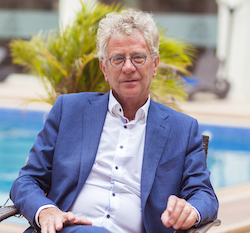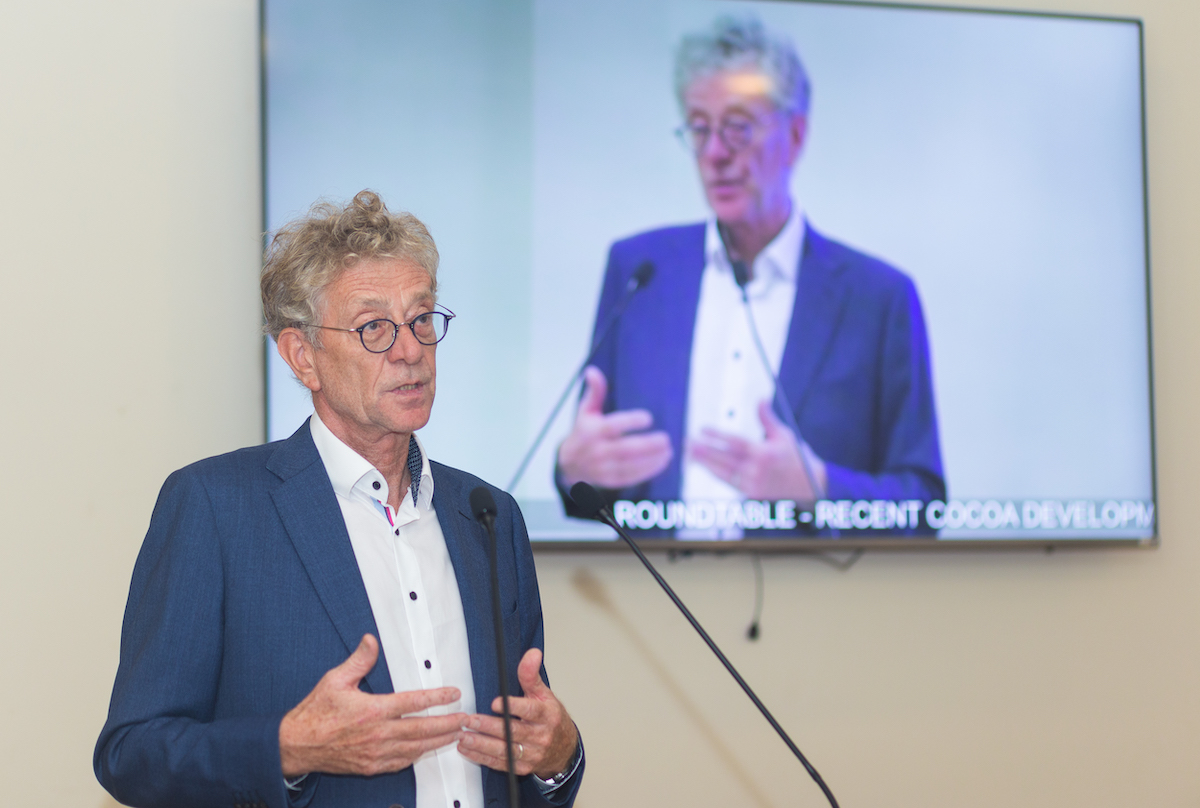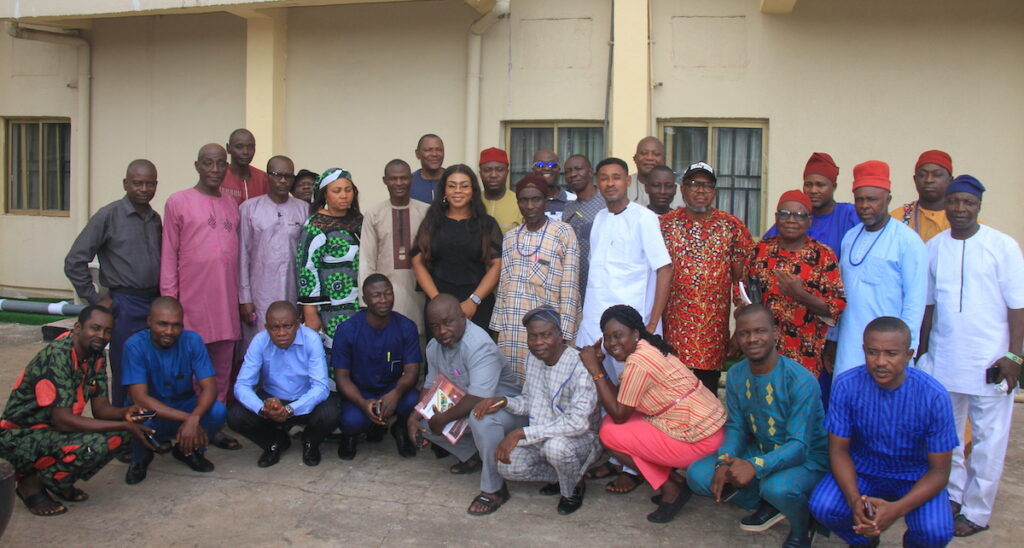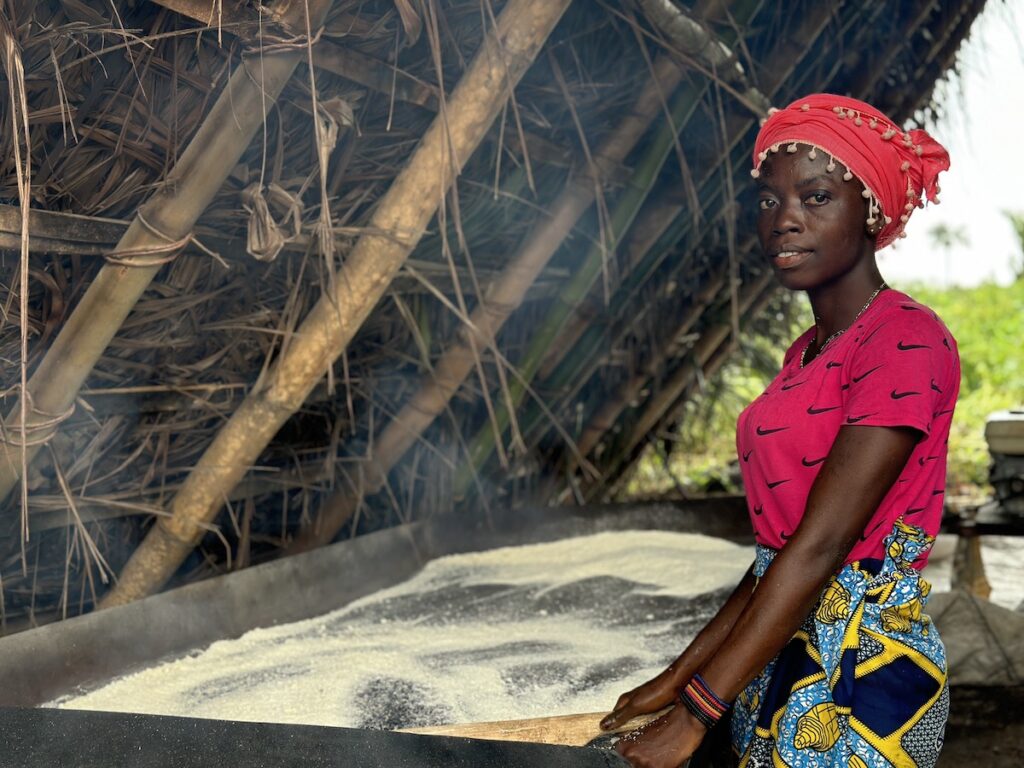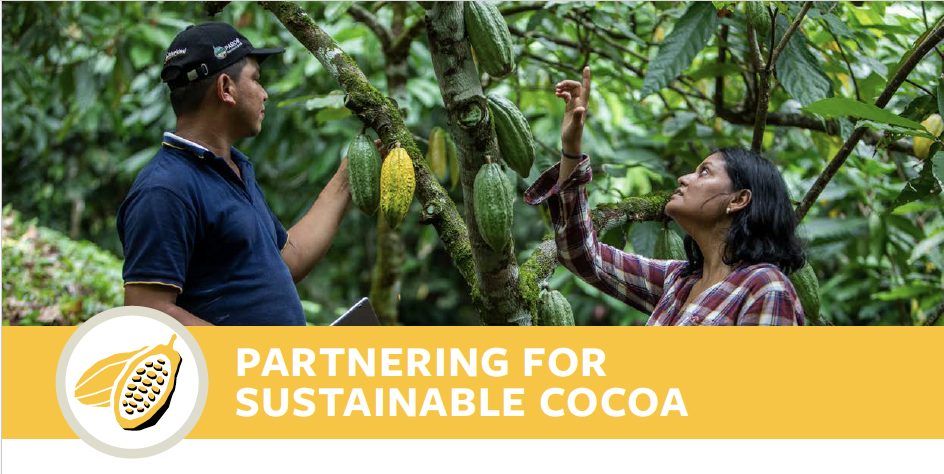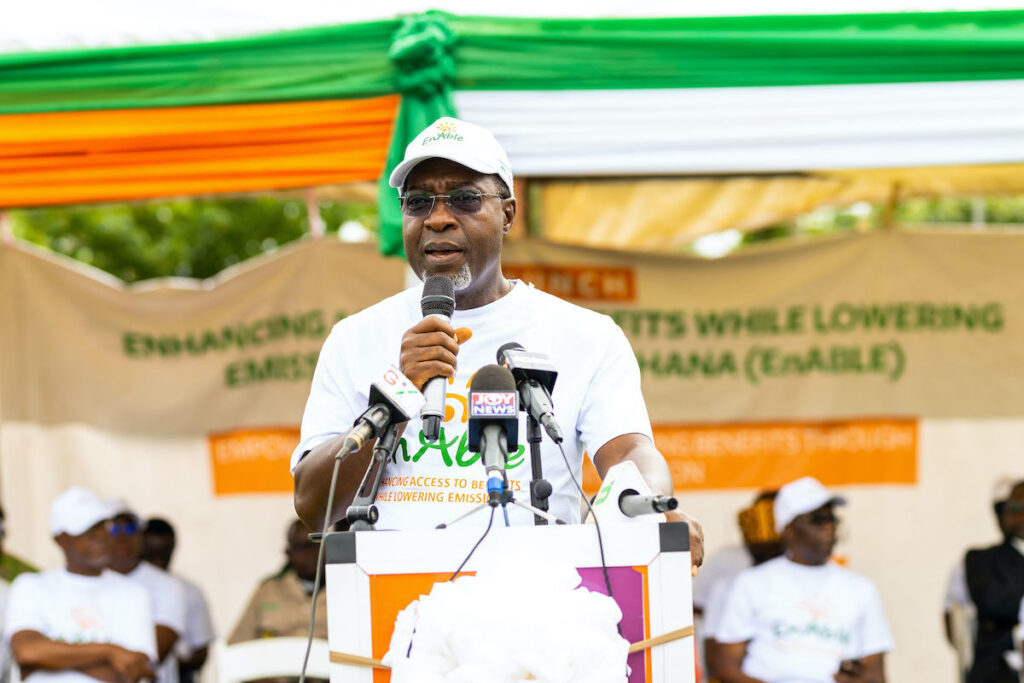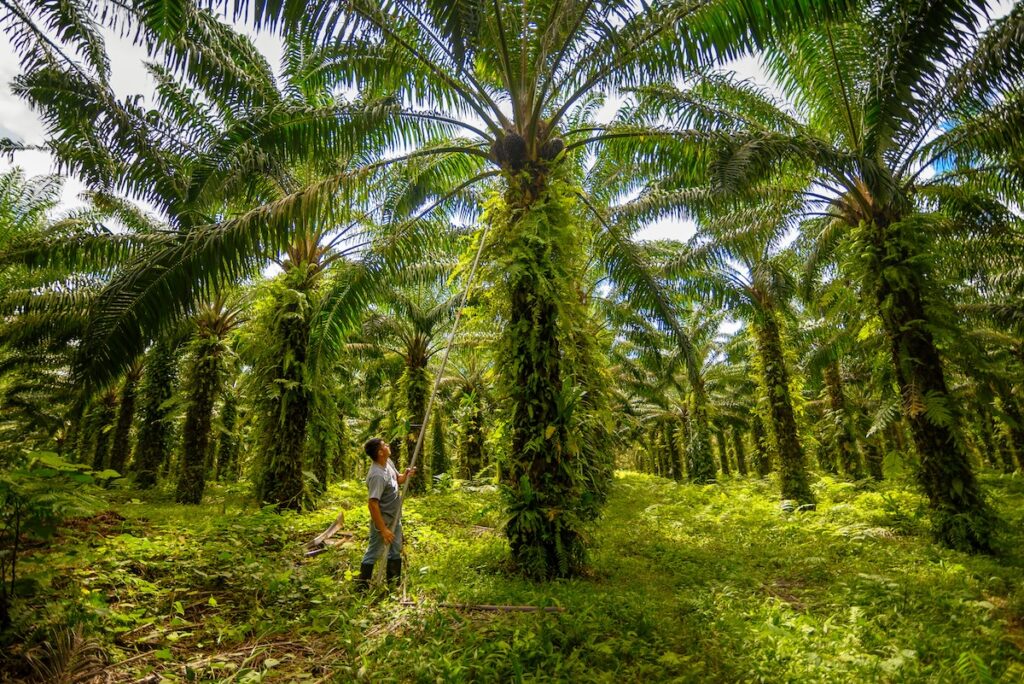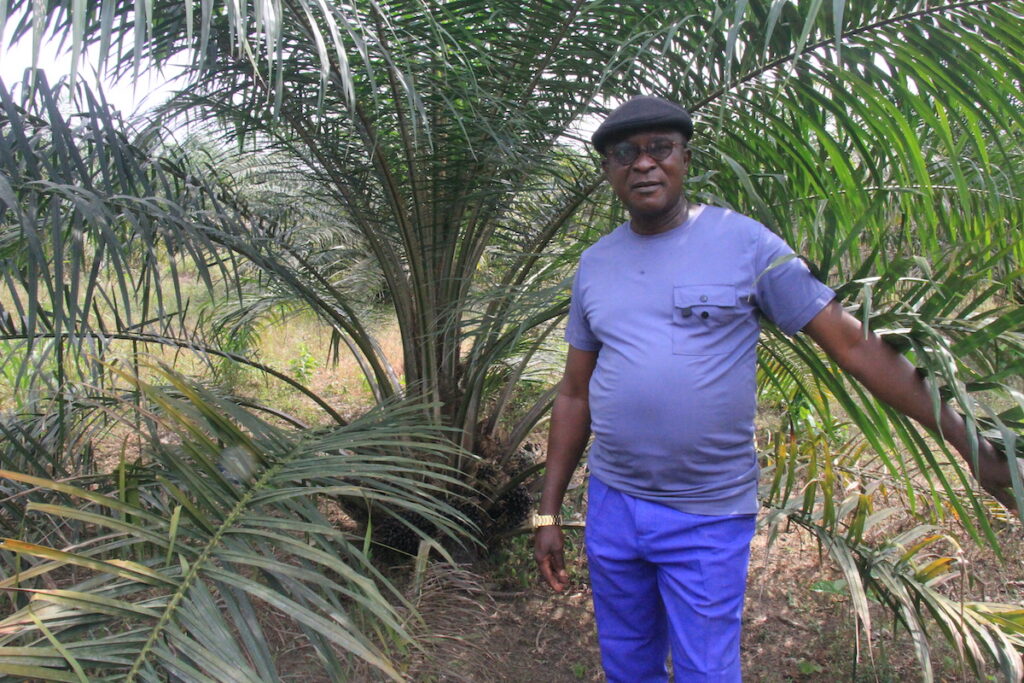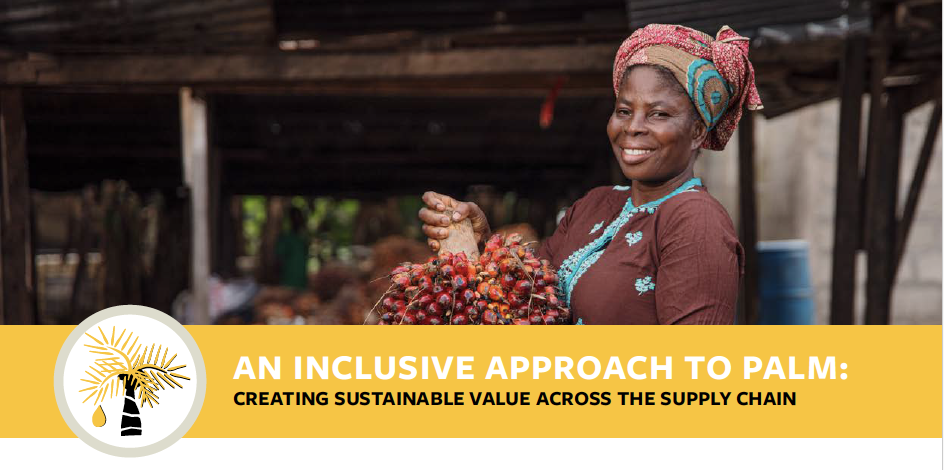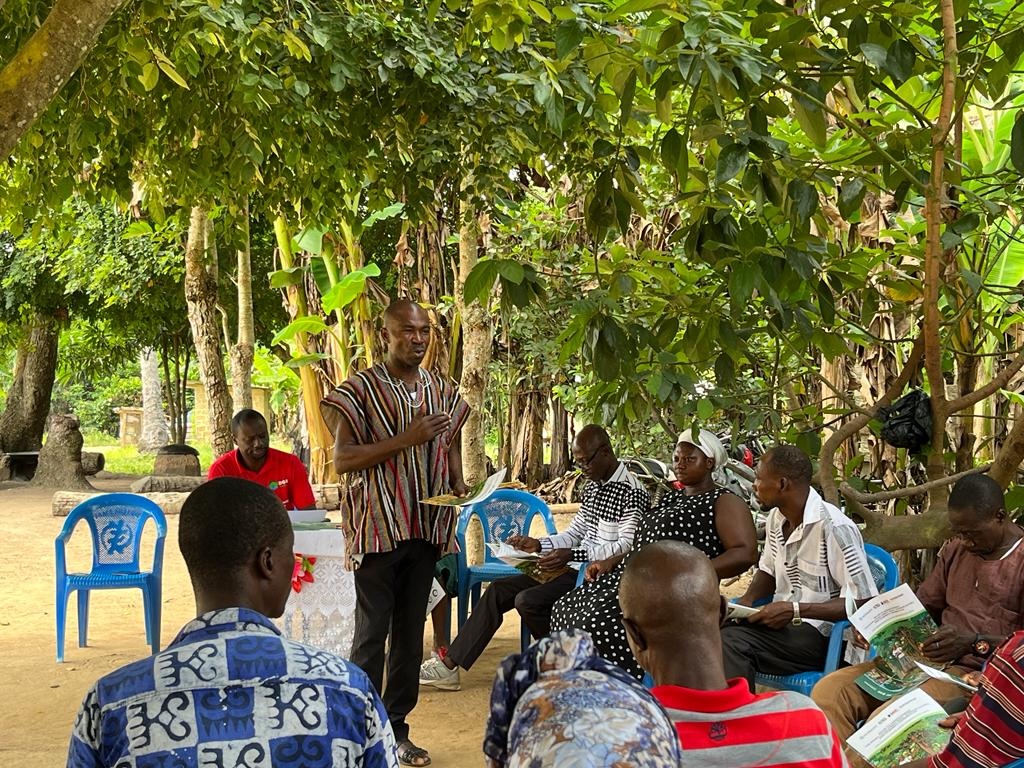Nico Roozen, past director of Solidaridad and current Honorary President of the Solidaridad Network, led the roundtable on recent cocoa developments in Europe and its implication for sustainable market access in West Africa. The event, which took place on Thursday, 29 July 2021 in Accra, Ghana saw the participation of key leaders and practitioners in the cocoa sector from Côte d’Ivoire, Ghana, Liberia and Sierra Leone.
It was held as a result of concerns about human rights, environmental degradation and governance issues relating to cocoa production in West Africa, concerns which have prompted the European Commission to be at the forefront of a decisive reaction. These developments are set to have implications for producer countries, especially Cote d’Ivoire and Ghana, leading world producers of the commodity.
Reputational damage owing to anti-slavery marketing
At the roundtable, which saw more than 100 participants connecting physically and virtually, Roozen described the reputational risk of misunderstanding the situation in West Africa cocoa farms and the consequent development of simplified marketing materials. According to Roozen, in the perception of many Western consumers, cocoa from West Africa is increasingly linked to child labour and slavery.
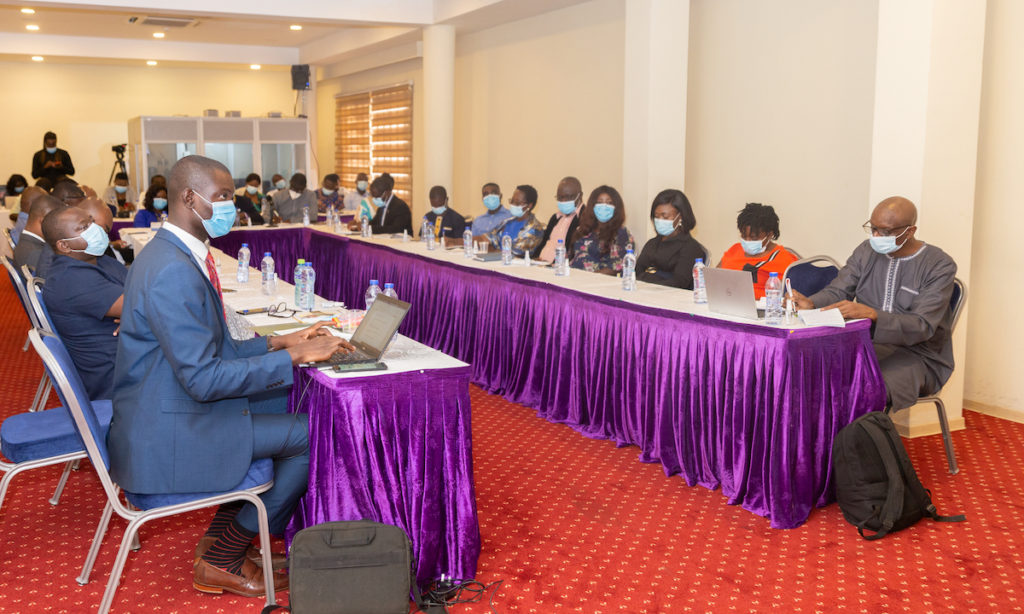
Roozen cited Tony’s Chocolonely, a Dutch confectionery company, that markets slavery free chocolate on its packaging, featuring a brand logo with the ‘broken chain’ of historic slavery.
“Tony’s Chocolonely’s branding makes reference to slavery and child labour to serve its marketing interest. This has seen the confectionery maker expand its business all over Europe, North America and even to Japan. Sadly, some other brands are following this example.”
Nico Roozen
The roundtable has condemned this marketing and its implications for the reputation of the cocoa sector in West Africa.
Child labour or child work?
Over the course of the roundtable discussion Roozen argued that data suggests that most occurrences of child labour in West Africa cocoa production are linked to children who are delivering services to their parents at a family farm or as tenant farmer.
He argued that child labour as it is generally defined, ie, labour that negatively impacts the future of the child, should be considered in the local context to be able to find true solutions. Children working on family farms within strictly defined parameters do not necessarily have to compromise children’s school attendance or affect their health and wellbeing. Roozen said available data suggests that school attendance in cocoa-growing communities has increased, pointing to Ghana’s implementation of Free Compulsory Universal Basic Education (FCUBE) which has achieved approximately 96 percent coverage.
Farmer perspectives first
Roozen said it is inappropriate to frame farmers who seek to socialize, educate and pass on farming knowledge to their children through training, as slaveholders.
“I clearly remember a farmer telling me, with full pride, that working with his son is a pleasure. ‘It is socialization, education, learning farming and working in succession for generations’. With a smile on his face, he said, ‘of course, I take care of my son and other African parents love their children too’.
He shared an anecdote of child work of a seventeen year-old who took to spraying agrochemicals in his father’s farm.
“The boy said, ‘I can read and understand the instructions on the container label but my father cannot. Besides, I could support the family business with my strength and learn invaluable lessons by working with my father.’”
“These perspectives of farmers are not cited as selected stories to prove a thesis but they are colouring data-based findings of child work in family farms,” Roozen added.
Only an economic lens will bring solutions
Making suggestions for dealing with the issue of child labour, Roozen asked rhetorically, “who else will do the work children are doing now?” He argued that solving child labour is about economics.
“If the farmer could afford hired labour that offers a decent workplace to an adult worker, that would have been his preference. But hired labour is too expensive in many cocoa-growing areas in Ghana, where artisanal mining tends to compete for labour and pays a higher daily return on labour than agriculture. Besides, statutory set minimum wages by national governments are often higher than what the cocoa farmer can afford given the total farmer income,” he said.
Modernization is key
Roozen lay out how the eradication of child labour can be historically linked to a process of modernization of agriculture, taking into account a number of key elements:
- hiring permanent and seasonal workers
- mechanisation/technology
- growth of a service provider businesses
- agri-finance tailored to meet the needs of the sector
- addressing scale through appropriation or re-allotment
Modernization of agriculture in many advanced economies was driven to a great extent, by cost-effective service provision that offers the latest technology, time-bound high-quality professionals and efficient services in peak times.
In these economies, Roozen posits, child labour laws and regulations were never the real change makers; neither were traditional NGO interventions that just raised awareness of the issue. Better earning models on the farm and in the supply chain were decisive.
Political dynamics
Building on voluntary standards to facilitate the transformation towards a more sustainable economy, Roozen drew lessons from Solidaridad’s involvement in this innovative process at three levels of interventions. Firstly, mobiliziing consumers through fair trade and organic; secondly, committing companies through Corporate Social Responsibility concepts, and thirdly, sector-wide approaches through Roundtable processes.
He said even though this was an exciting journey, the scope and impact was limited to voluntary market acceptance.
“Voluntary standards were the second best in times of dominant neoliberal concepts of the withdrawing government leaving social and ecological responsibility to the market, with today’s ecological catastrophe and massive social exclusion, as a consequence,” Roozen said.
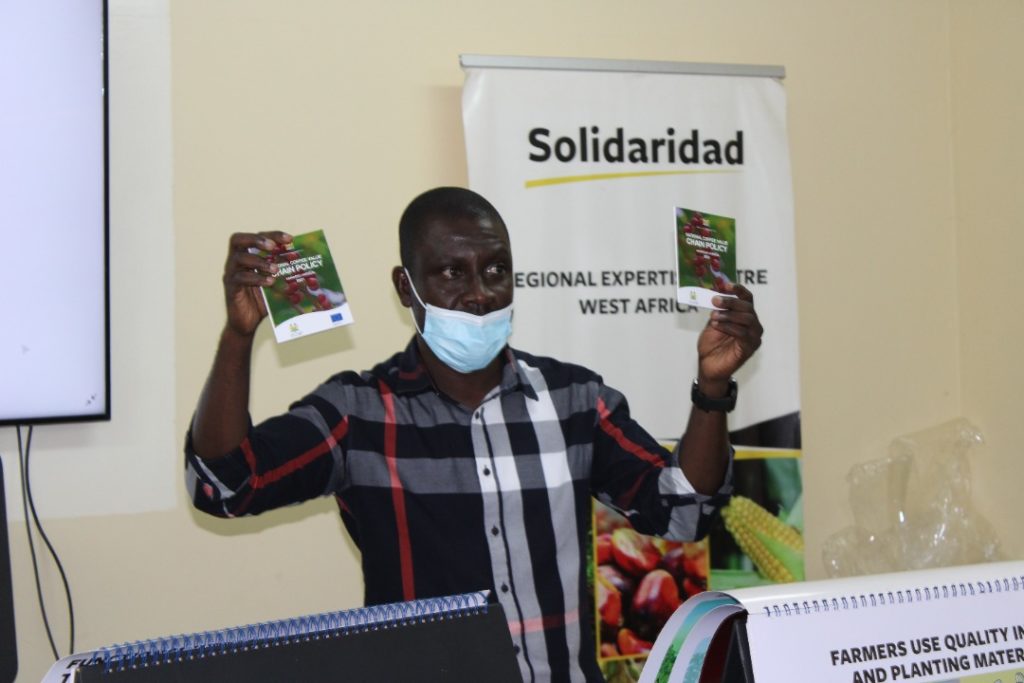
Popularizing farmer-friendly tree crops
Solidaridad, in partnership with the ministry and the BAFS Project Coordination Unit, is facilitating the popularization of the cocoa, coffee and cashew policies across all sixteen districts of the country.
He also made a case for a growing political consensus on the need of framing markets by regulations aiming for better social and ecological outcomes.
“Legislation as the next step in market transformation should be subject to a critical consideration of unforeseen negative consequences and effects on farmers” he said. “The quality of regulations matter a lot.”
“Without a real understanding of realities and partnerships with stakeholders in producing countries, legislation could be dead on arrival. It will not solve issues of farmers but rather de-risking them for supply chain players.”
He called out the so-called ‘lazy approach’ of companies shying away from regions with critical issues and vulnerable producers. This, he said, could lead to smallholder exclusion as a potential undesired side effect.
Roozen was of the view that recent EU publications on possible future cocoa policies clearly show these risks as it builds on traditional NGO thinking, and he pleaded for thorough understanding of realities taking the farmer perspective into account and strengthening partner dialogue with stakeholders in producing countries.
Time to act now
He made a strong call for Ghana and Cote d’Ivoire, the two major cocoa producing countries to act now to mend the negative farming of cocoa from their country. Roozen said the ILO Convention 182, after defining Child Labour, required governments to give meaning to the convention based on local framework categorisation of hazardous work.
“I am of the intuition, based on my conversations, that the two governments need to conduct a multi-stakeholder process to review these documents that tend to be used by researchers in their count and identification of what constitutes worst forms of child labour. A responsibility that must be nationally driven,” he concluded.
For more information on the current state-of-play in cocoa sustainability, please check out the 2020 Cocoa Barometer, which takes a closer look at many of the issues discussed at the roundtable.
Read this blog to learn more about Nico Roozen’s view on the way forward in the cocoa sector.
About Nico Roozen
Nico Roozen is the founder and immediate past Executive Director of Solidaridad Network and the initiator of the first fair trade labeling initiative ‘Max Havelaar’ for coffee and bananas. He founded the fair banana trade company AgroFair, in partnership with the Volta River Estate in Ghana.
